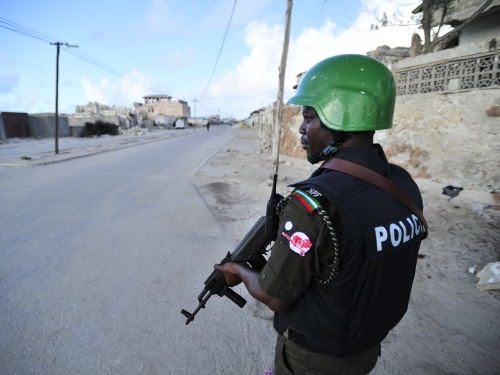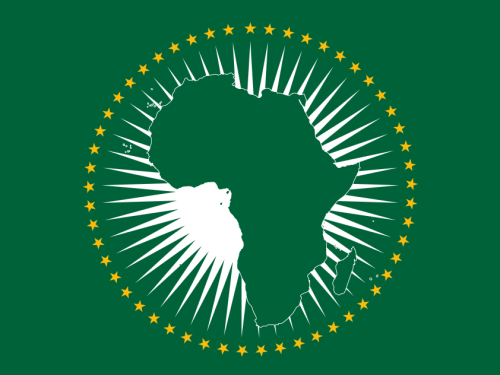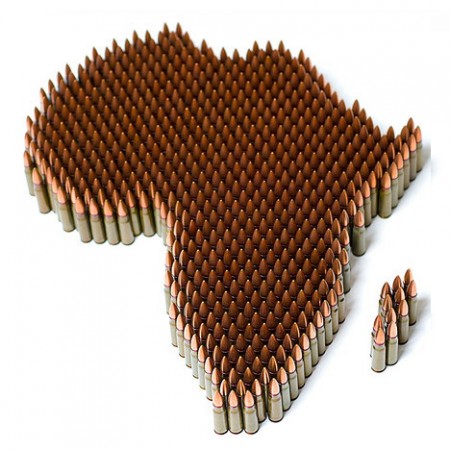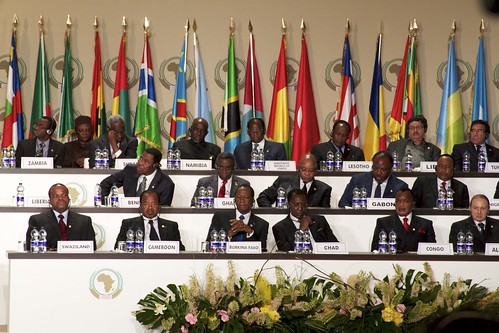
This article was originally published by the Institute for Security Studies (ISS) on 1 July 2015.
While the role of police in peace support operations used to be limited to tasks of monitoring and observing, it has changed to encompass complex and substantive roles. These include helping to rebuild the capacity of police and broader law enforcement institutions that have suffered the consequences of violent conflict.
Usually in the aftermath of conflict, these institutions are critical in rebuilding public confidence in the rule of law, which has typically been either diminished by the conflict or, in some cases, totally destroyed. Following the Brahimi Report (2000), police roles were viewed in the wider context of the rule of law, protection of civilians and human rights. New areas of focus include emerging threats such as terrorism, organised transnational crime and corruption.




